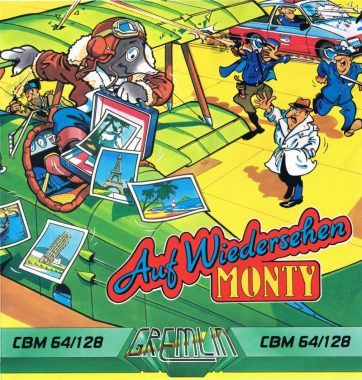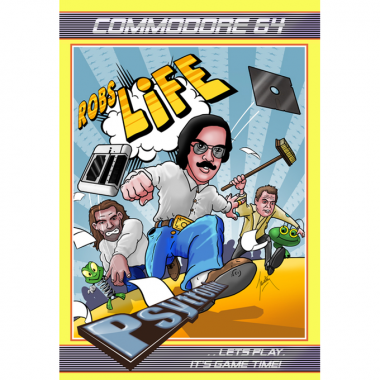 What did you want to do for a career when you were at school, and what was your first job?
What did you want to do for a career when you were at school, and what was your first job?
Hmm maybe electronic engineer, or chemical engineer. I did a very short spell working in a lab, but then got a job playing in a band.
When did you realise you wanted to get into the game industry, and how did it happen?
I started reading electronics mags (I used to build the kits) and learning BASIC. I was going to buy a BBC Acorn , but I got a C64 instead. I learnt BASIC, and then 6502.I saw the possibilities of the machine and started writing some educational software, which was very interesting but I couldn’t sell it. It was in fact way ahead of it’s time.
Games were a last attempt to do something with computers. I did a game, but the company went bust just as I finished it. Nobody liked the game, but everyone liked the music, so I decided to just do music and sound effects.
Was the C64 your favourite computer? Would you say this was your favourite computer?
It was the first computer – and so I still have fondness for it.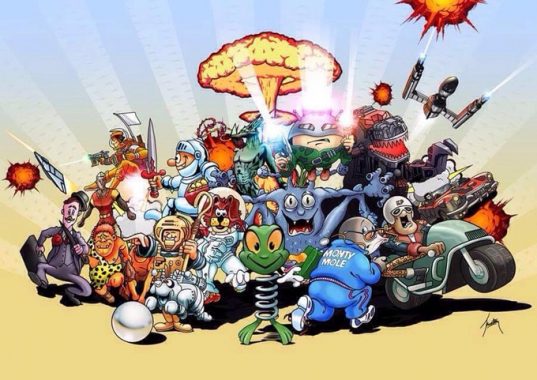
You have a very impressive CV, working on many games which was the easiest score to compose and which was the most challenging, and what kind of challenges were there?
None of them are actually ‘easy’ – they are all somewhat difficult. Many of the PC games were very challenging since you had to cater for ADLIB,TANDY, MT32, PC speaker, COVOX – all with the same code more or less. So it’s like doing 5 different projects. And then when your done – you then have a whole lot of sound effects to do on 5 different platforms.
What is you most favourite music you worked on?
The Sherlock game was very satisfying – others like Knuckle and Kentilla were also interesting.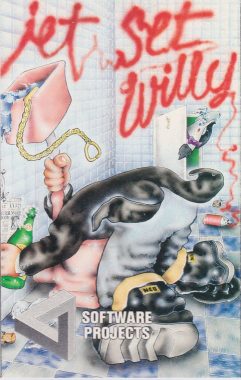
What formats have you created on, which was the easiest to create music on, and which was the most complex?
The hardest was the PC. Easiest probably c64 and atari 800. Nice 6502 and no variations.
I have fond memories and I feel the music soundtrack is an integral part of the game. Did you play the games to get a feel for the music you were going to create?
I used to talk to the programmer and publisher, get a demo and then try to do something to fit their and the games needs. Sometimes they wanted something specific. Other times I had a free hand to do something.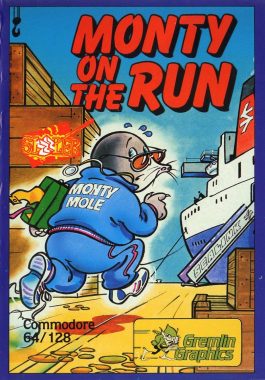
Can you please educate us as to the process you would go through when creating music for a game?
You come up with musical ideas, either on paper, or MIDI, and then you have to go through the process of realising it on the target hardware – which can get too technical to answer.
What advice would you give to somebody trying to get into the game sound industry?
Go to college and learn your craft properly. Then be prepared for really long hours and strange challenges of the games biz.
Tell us what you are currently working on?
At the moment the kickstarter things are keeping me fairly busy.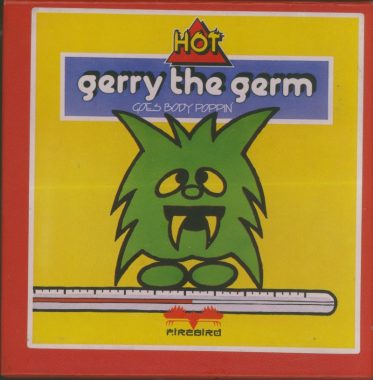
I enjoy some modern games but feel more love for the smaller teams of the past. I feel the fun factor has gone in modern games and are more like movie productions; games can be bug ridden now as patches can be made. In the past we didn’t have updates and in-app purchases. What is your view of our industry now?
Since the budgets are so huge, the developers can’t take any risks – so everything now conforms to established genres. There was definitely more innovation in the past, and more fun in the development process.
Here are some questions about retro games:
My favourite computer was my Amiga and 2 of my favourite games were Cannon Fodder and SWOS?and my favourite console was the Megadrive. Do you have a favourite?
I also did really like the Genesis machine. Never liked the playstation.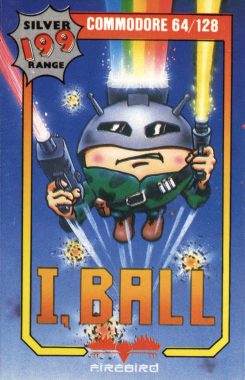
What is your favorite retro game?
I liked the old driving games, and some adventure games from Sierra.
Do you still game on the current consoles? If so which is your favorite game?
I’ve never owned a console!
Whats the worst game you have ever played?
Wanda C64